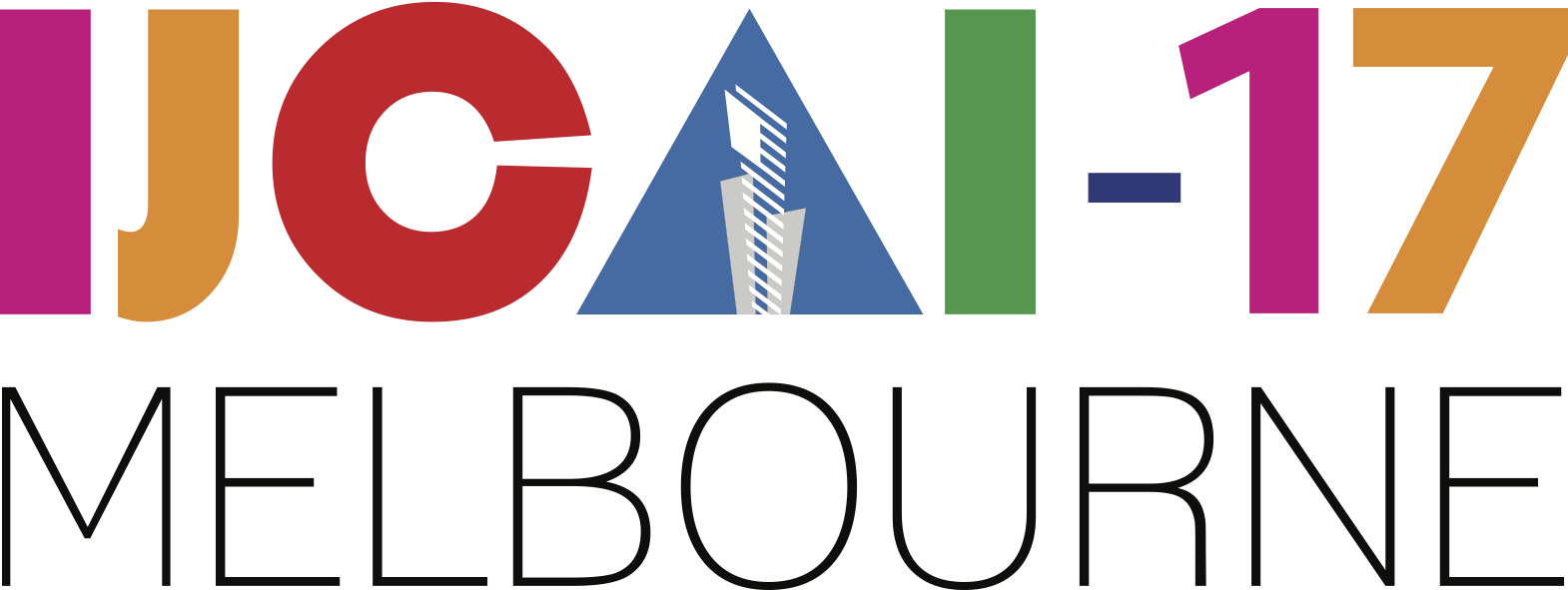Contest Design with Uncertain Performance and Costly Participation
Contest Design with Uncertain Performance and Costly Participation
Priel Levy, David Sarne, Igor Rochlin
Proceedings of the Twenty-Sixth International Joint Conference on Artificial Intelligence
Main track. Pages 302-309.
https://doi.org/10.24963/ijcai.2017/43
This paper studies the problem of designing contests for settings where a principal seeks to optimize the quality of the best performance obtained, and potential contestants only strategize about whether to participate in the contest, as participation incurs some cost. This type of contest can be mapped to various real-life settings (e.g., an audition, a beauty pageant, technology crowdsourcing). The paper provides a comparative game-theoretic based solution to two variants of the above underlying model: parallel and sequential contest, enabling a characterization of the equilibrium strategies in each. Special emphasis is placed on the case where the contestants are homogeneous which is often the case in real-life whenever the contestants are basically alike and their ranking in the contest is mostly influenced by some probabilistic factors (e.g., luck). Here, several (somehow counter-intuitive) properties of the equilibrium are proved, in particular for the sequential contest, leading to a comprehensive characterization of the principal preference between the two.
Keywords:
Agent-based and Multi-agent Systems: Economic paradigms, auctions and market-based systems
Agent-based and Multi-agent Systems: Noncooperative Games

